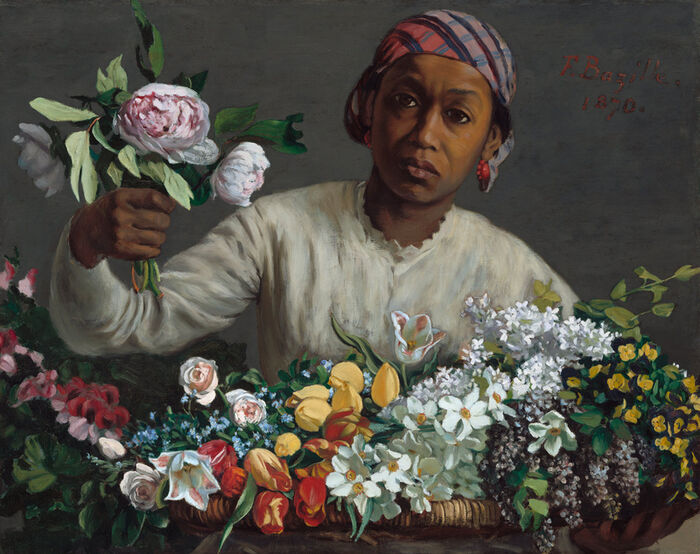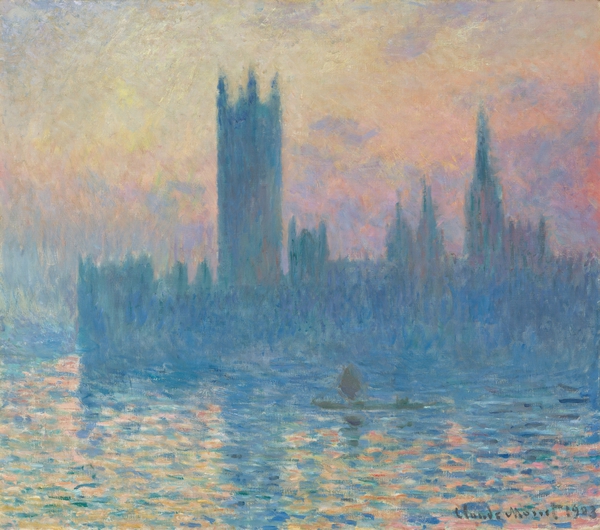PhD
Previous
An interdisciplinary PhD course on structural racism with contributors from UiO, USN, NTNU, and HL-Senteret.
Advanced course in Research Ethics: Scholars in the humanities are expected to contribute knowledge to the society. Their work and insights often call for or aims at social change. This course critically examines research for social change and debates about scholar activism.
A PhD course on methods for reasoning focused on argumentative and logical analysis
Advanced course in methods: This is part two of a two part course on texts in historical contexts. Each course can be taken independently, but it is strongly recommended to take both.
Advanced course in theories of knowledge: This is part one of a two part course on texts in historical contexts. Each course can be taken independently, but it is strongly recommended to take both.
The aim of this course is to encourage reflection on art objects understood as aesthetic objects. Key questions will engage with the kind of knowledge an aesthetic approach can impart and notions of art as artwork or as experience.
This PhD course will focus on the phenomenon of entanglement and non-locality in quantum mechanics, with the aim of deepening the understanding of their philosophical implications.
Advanced course in Research Ethics: Scholars in the humanities are expected to contribute knowledge to the society. Their work and insights often call for or aims at social change. This course critically examines research for social change and debates about scholar activism.
Advanced course in methods: This is part two of a two part course on texts in historical contexts. Each course can be taken independently, but it is strongly recommended to take both.
Advanced course in theories of knowledge: This is part one of a two part course on texts in historical contexts. Both can be taken independently, but it is strongly recommended to take both.
This PhD course will focus on important topics related to understanding sexual violence, sexist ideology, rape myths, and their relation to epistemic injustices. The lecturer is Dr. Hilkje Hänel.
PhD fellow Biu Huntington-Rainey will present an overview of their research on innovation and acquisition at the syntax-pragmatics interface.
PhD fellow Mary Beth Neff will present an overview of the proposed research for her article-based dissertation.
This Ph.D. course will focus on the role and implications of generic generalizations in science (e.g. “Low interest rates cause inflation”), ethics (e.g. “Lying is wrong”), and society (e.g. “Women are submissive”).
This course will focus on the epistemology of evidence-based medicine (EBM) and of precision medicine (PM)—but seen through the lens of two canonical figures of science studies and historical epistemology: Ludwik Fleck and Georges Canguilhem.
This workshop explores how modern notions of ‘heritage’ can be applied to the study of premodern societies and their views on cultural preservation and transmission.
The PhD group at IFIKK invites to a seminar on writing article-based theses, with a special focus on the introductory part (“kappa”). The seminar is open for PhD students and supervisors.
Every historian operates deliberately or unknowingly with a spatial and emotional context. However, spaces and emotions are elusive concepts that are difficult to distinguish. This seminar hopes to make these perspectives less obscure. By discussing the participants’ research projects in relation to these theories, theoretical questions will be considered such as: How can we study emotions and spaces in history? What is the relation between spaces and places, as well as emotions and affections? How do discourses on spaces and emotions change over time and how do these concepts interact with each other?
IFIKK is organizing a PhD course on "Automaticity and Control: Philosophical and Empirical Perspectives". The course will take place every Monday from 15 to 17 (CEST), from the 14th of September to the 19th of October. All the classes will be on Zoom. The course will be taught by Prof. Wayne Wu (Carnegie Mellon University).
The primary audience for this course are PhD students in philosophy. PhD students from neighbouring disciplines are welcome after approval by the instructor. PhD students from other universities are invited to attend this course (though be aware that space is limited; see below). It will be possible to obtain 5 ECTS credits by attending the seminars and fulfilling the prescribed activities.
The course is cancelled, but will hopefully be rescheduled for a later date.
This course will provide a general introduction to the main approaches within just war theory and explore in detail several contested issues under debate. Instructors will be Professor Jeff McMahan (Oxford), Lars Christie (Oxford, Oslo), Greg Reichberg (PRIO).
This course provides an overview of some leading developments in metaphysics in the analytic tradition over the last Century. Both PhD-Candidates and MA-students are welcome to join us.
The University of Oslo (IFIKK) invites you to register for the following PhD-Course:
Environmental Justice and Rights over Resources
Today, public debate is becoming increasingly strained in liberal democracies across the globe. Political polarization, the rise of social media and so-called echo chambers have helped upset established norms governing conversations in the public sphere. But are we justified in viewing these recent developments as a form of decay? Was the public exchange of opinions necessarily less polarized and more deliberative in the past?









.png?alt=listing)
